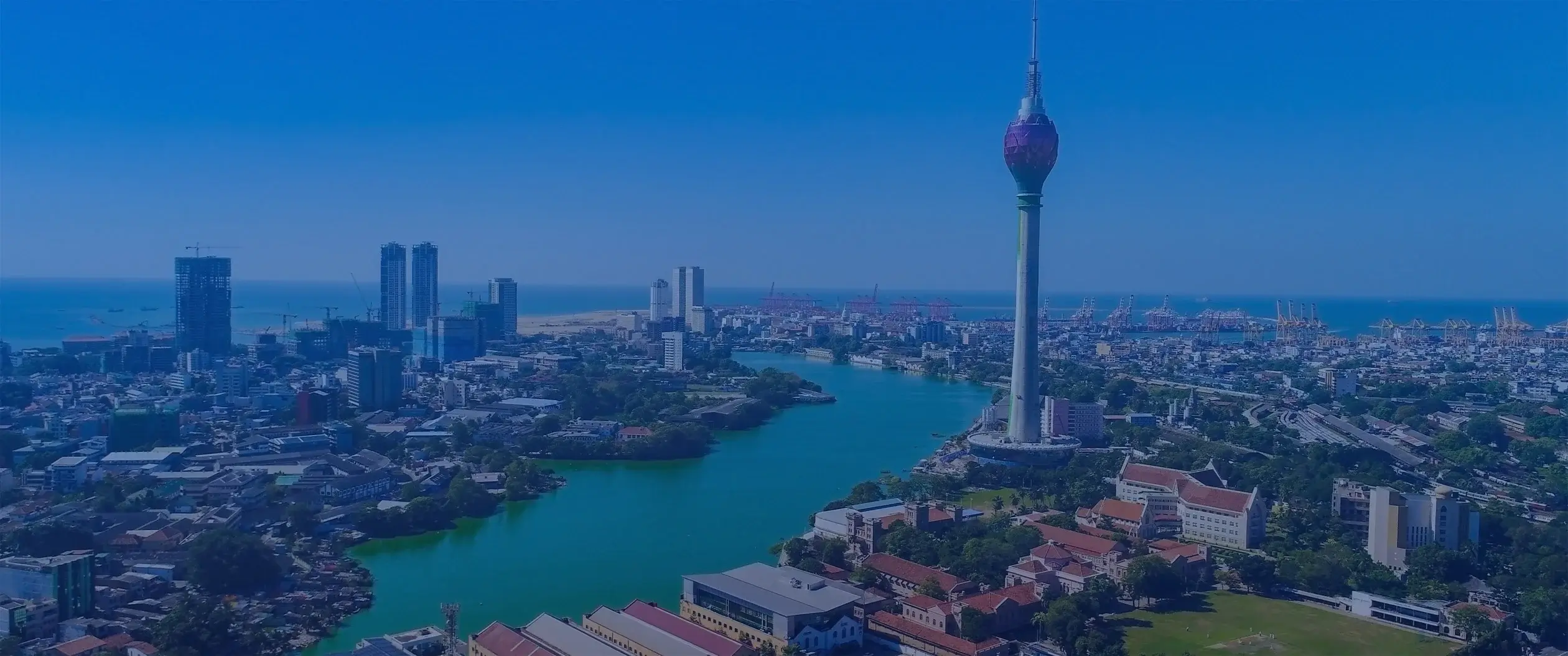Malta budget 2023
1. Economic Overview
On the 24th of October 2022, Finance Minister Clyde Caruana presented the budget measures for 2023. During his speech, the Minister highlighted the global challenges which Malta faces, in particular the war in Ukraine and rising prices. Malta’s economy is forecasted to grow at 3.5% in 2023, outpacing the EU average, but marking the slowest rate of GDP growth in more than a decade. The unemployment rate is expected to hover at around 3.1 %.
2. Social Measures
- COLA increase for all employees and people on social benefits will be of €9.90.
- The government will be increasing its bonus by €50 for those persons who have reached retirement age but have not accrued sufficient National Insurance contributions to qualify for a pension.
- Carers Grants to be increased from €500 to just over €4500 per annum, and will be paid every three months.
- Government will invest €4.2 million in Personal Assistants and Independent Community Living for persons with disability.
- Qualifying employees, who work atypical hours and who earn a basic annual salary of less than €20,000, shall continue to benefit from an annual in work benefit of €150
- The one-tablet-per-child policy will be extended. A new laptop will be provided for each Year 7 student from the 2023 scholastic year.
3. Pensions and the Elderly
- Pensions will be increased by a total of €12.50 per week including COLA.
- Pensioners will receive the cost-of-living bonus in full, up to a maximum of €1.50 a week.
- The limit for pensionable income which is exempt from taxation will be increased by the same amount that pensions will be increased. This will see the limit increased to €14,968. The tax exemption on other income for those operating under a married tax status will increase to €3600 a year.
- Gradual exemption of certain qualifying pension income over a 5 year period, with 20% of pension income being exempt in 2022, 40% in 2023 and so on and so forth, with such income becoming fully exempt by 2027
4. Property Measures
- € 10,000 grant directed to first time buyers over a period of 5 years.
- Extension of the deposit payment scheme to include properties up to a maximum of €225,000.
- Capital Gains Tax Exemption extended.
- 1st time buyers’ scheme extended.
5. Tax Measures
- Reduction in the tax rate for royalty income derived by authors and co-authors from 15% to 7.5%.
- An individual tax refund of between €60 and €140 will be issued in 2023. 250,000 people will benefit from this at a total cost of €26 million.
- Businesses that invest in their company, may benefit from tax credit of up to €40,000 if projects cover digitalisation, decrease in energy consumption and water usage or reduction of raw materials and waste. This will apply to all businesses, including SMEs, self-employed and family businesses
- Gozitan businesses and start-ups will continue to benefit from additional financial assistance of 10% as tax credit. This can increase up to 20% if investment is made in projects that reduce carbon footprint.
- The Micro Invest scheme to be extended to social enterprises which will become eligible for a tax credit of up to €70k spread over a period of 3 years.
- Concession of Family Business Transfers: The reduction in stamp duty from 5% to 1.5% on family business transfers will be extended.
- Annual tax rebate for children attending sports, cultural, and artistic activities to be increased from €100 to €300.
- Grants upon purchase of electric vehicles and electric motorcycles;
- Grants to incentivise the purchase of mopeds, pedelecs and motorised bicycles;
- Grants for small petrol motorcycles; and
- Grants for the conversion of petrol vehicles to gas.
- Plug in hybrid vehicles will remain exempt from registration tax. A further exemption from the annual circulation tax shall apply for 5 years from the date of registration.
6. Economic & Business Measures
- Enhancing the start-ups ecosystem: A one-stop shop will be launched next year to offer assistance to potential start-ups and advisory support to make better use of Schemes managed by Malta Enterprise and other entities. An international conference “EU Start-Ups Summit” will be launched to attract some of the best European start-ups to Malta.
- Malta Enterprise will develop a new Business Incubation Centre, alongside the Kordin Business Incubation Centre, by tapping into European Funds. It will aim to be a high quality touch down facility for innovative start-ups that will help to diversify the Maltese economy.
- Invest in Small and Medium sized enterprises: More cash grants with an investment of around €40 million for SMEs through the Business Enhance scheme. Malta will also participate in the Invest EU initiative for other opportunities. Other financial instruments for businesses supported by European funds will continue in the years to come.
- Assistance for Maltese and Gozitan businesses that invest in digital and sustainable business models.
- Malta Enterprise will double its financial assistance in the form of cash grants to companies that invest in digital and sustainable projects.
- Incentivising enterprises to invest: The scheme that supported Covid-19 impacted companies by offsetting against income tax of sustainable companies will be extended for another year. This will allow companies that had unused capital allowances in 2020 and 2021 due to loss incurred during the pandemic. Applicants may benefit from reduction of tax benefit for all taxable income originating from other companies of the same group in 2022 (Year of Assessment 2023).
- From next year Maltese businesses will benefit from annual financial assistance of €50,000 instead of €25,000 for the first 3 years by means of the rent subsidy scheme. The period of the scheme will also be doubled from 3 years to 6 years.
- Simplifying bureaucracy for businesses: A committee has been appointed to ensure the right of a basic bank account for businesses as well as a Credit Review Office to facilitate relationships between the interests of commercial banks and their clients for loan applications.










